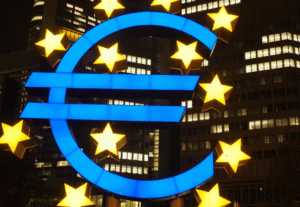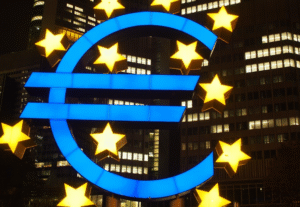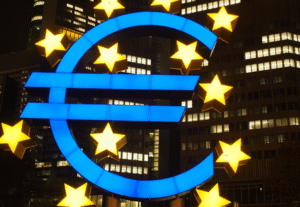$TSLA $DOGE $USD
#ElonMusk #RonPaul #ForeignAid #WealthTransfer #Crypto #Dogecoin #EconomicPolicy #GlobalEconomy #FinancialMarkets #Geopolitics #FiscalResponsibility #EconomicAnalysis
Elon Musk, CEO of Tesla and a prominent voice in technology and finance, has expressed support for Ron Paul’s call to abolish foreign aid, labeling it an “immoral transfer of wealth.” The billionaire’s alignment with the libertarian-leaning view adds a new dimension to the conversation about fiscal responsibility amid mounting global economic challenges. Musk’s statement comes at a time when most developed nations, including the U.S., are reeling from inflationary pressures, ballooning national debt, and increasing calls for accountability in government spending. Ron Paul, a well-known advocate of small government and minimal overseas intervention, has long criticized foreign aid as a policy that enriches elites while doing little to address systemic global inequities — an argument Musk seems to echo.
The relevance of Musk’s comments extends beyond ideology and into markets. If a move against foreign aid gains traction politically, it could potentially reshape foreign exchange and bond markets. For instance, the U.S. dollar ($USD) often serves as the funding currency for global aid programs. A diminishing role for foreign aid might alter demand for the currency in international markets, especially if developing nations experience reduced dollar inflows. Beyond fiat, Musk’s affinity for cryptocurrencies, evident in his public attachment to Dogecoin ($DOGE), highlights his preference for decentralized solutions — possibly underscoring his broader concerns around centralized governance and financial redistribution. In this context, his comments may resonate with a growing crypto-savvy demographic skeptical of traditional financial systems and institutional wealth transfers.
Musk’s remarks also have implications for equity markets, particularly companies with significant exposure to emerging markets that rely on foreign aid and associated infrastructure spending. Reduced financial assistance to developing nations could curtail revenue streams for multinational corporations in sectors like health care, construction, and energy. On the flip side, sectors that focus on economic self-reliance, such as renewable energy and decentralized technologies, might see increased investment interest as nations prioritize independence over external support. For investors, Musk’s commentary serves as a signal to evaluate portfolios carefully, particularly those comprising international equities and bonds influenced by aid-related flows.
The broader financial community may also find Musk’s concerns a cue to assess the balance between humanitarian objectives and fiscal sustainability. While foreign aid has been justified as a vital tool for poverty alleviation and geopolitical stability, critics argue that its cost is becoming untenable, particularly for economies stretched thin by growing debts. Musk’s high-profile endorsement of Ron Paul’s views could add momentum to debates about government spending, potentially impacting fiscal policies and international relations. Investors eyeing trends in digital assets, global currencies, and emerging market ETFs should stay attuned to the ripple effects this ideological shift could spark in the years to come.







Comments are closed.